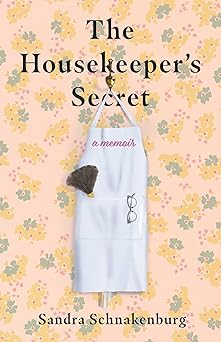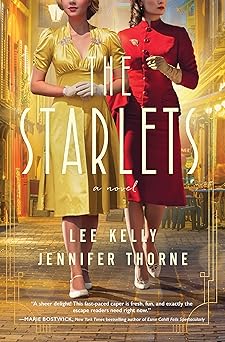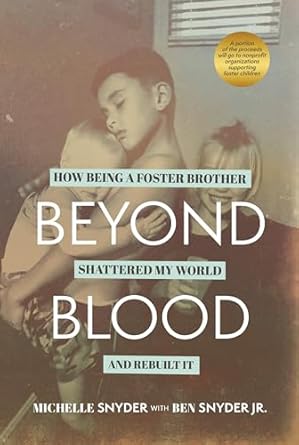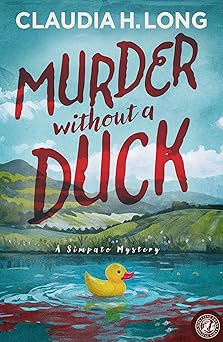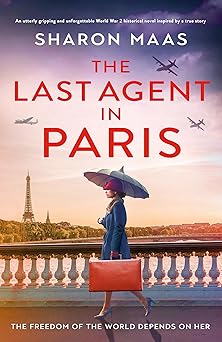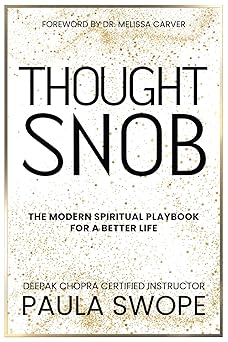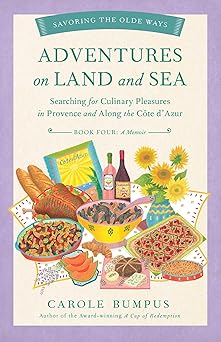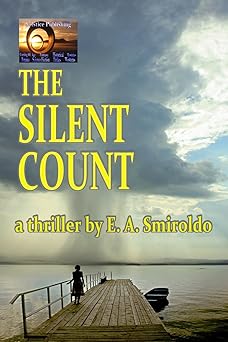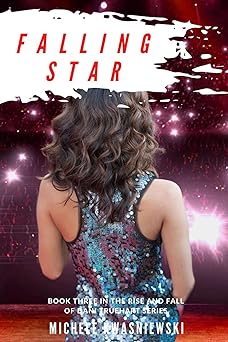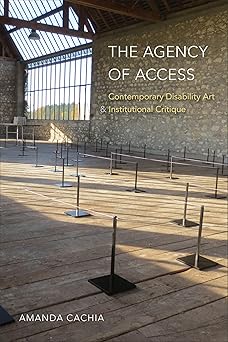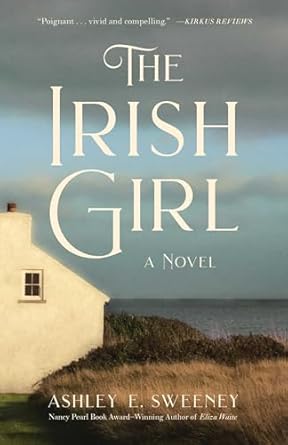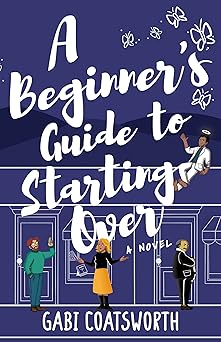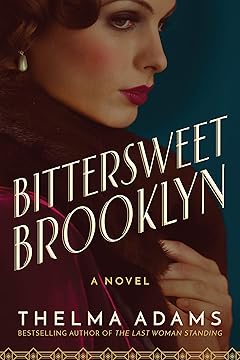How I Accidentally-on-Purpose Ended Up a Co-author, and You Can, Too!
By Tiffani Angus
As writers, we tend to be solo workers, so to many of us, the idea of writing with someone else…? Bite your tongue! Being a co-author can be scary and mean losing things: a say in your story, power over what’s written, or even yourself under a pile of words you didn’t choose. However, if approached with some forethought it can be the complete opposite: fun, productive, and even freeing.
Twenty-five years ago, I came up with an idea for a novel while a best friend and I were in the cemetery between our houses. For the next decade, we pursued university degrees and job hopped, but during that time we wrote an over-long novel, won a pitch contest, and were left with an unfinished revision before she moved across the country and I moved across the world.
We learned that co-authoring meant splitting up the work so one person didn’t have to face the daunting task of doing all of it alone. The novel (which will remain unpublished on my hard drive probably forever!) has three timelines: she undertook the ancient-Egyptian storyline and its related research; I undertook the 1920s storyline and did the same; and we wrote the third section, set in the 1990s, together (I typed while she paced behind me!). We read and edited behind each other and, luckily, our aesthetics were similar enough that it became difficult to tell our writing apart. So much so that one day I complimented her on a scene, and she told me I was an idiot and was the one who’d actually written it!
Co-authoring a novel sort of by accident was a wonderful way to fall into long-form writing. It made it less scary because I always had someone to read my stuff, edit, listen to wild ideas, and cheerlead when I was doubting myself.
Fast-forward another decade and I was offered the chance to write a writing guide. By then, I’d spent over ten years teaching writing at universities in the US and UK with a special emphasis on science fiction, fantasy, and horror. I knew I couldn’t write the book alone because the idea—to teach writing at a granular level, looking at one subgenre or trope at a time—hadn’t been done before and was going to include some subgenres I didn’t have particular experience with.
So, I reached out to a friend from the 2009 Clarion Science Fiction and Fantasy Writers’ Workshop who, like me, was an academic teaching creative writing. His main genre is science fiction, while mine is fantasy, and we both know horror. Since I’d already co-written a book with someone, I knew how to approach this project. And I’m happy to say that the first volume of that book—Spec Fic for Newbies: A Beginner’s Guide to Writing Subgenres of Science Fiction, Fantasy, and Horror—was shortlisted for an award, and the second volume comes out July 2!
If you’re considering teaming up, here are some things to think about:
- Make sure you’re both on the same page: Think of it like a prenup! It might feel a bit uncomfortable or like you’re killing the buzz, but if you think you’re writing a thriller and they think you’re writing romance, you’re headed down a bumpy path! This is also a good time to compare writing styles and voices to ascertain whether your collaboration just sounds like a fun idea or has merit; however, keep in mind that projects can change as your ideas evolve. Nevertheless, a good starting point will help you both manage expectations.
- Assign the work with deadlines: Writing a novel with more than one storyline or a non-fiction book with several sections—both of which I’ve done—makes assigning work easy, but your project might not be so readily split up. Clearly laying out who does what includes pre-writing tasks such as research, the actual writing, editing and proofreading, and post-writing/publishing tasks such as marketing and PR. When you’re working with a publisher, you’ll have a deadline, so each author having their own deadlines for various tasks will help you hit the finish line on time!
- Negotiate: Group projects in school always sucked because, if you’re anything like me, you ended up doing all the work! But we’re adults now and more used to working this way (why else do businesses have project managers?). Being open to negotiation means you might end up with some tasks you like and others that aren’t your favorite, but your writing partner will end up with the same. Plus, you can always tackle the most hated tasks together!
- Communicate: Like in any relationship, there are going to be moments when someone does that thing that drives the other person nuts! If you’ve followed the above advice, you’re less likely to get into big arguments about the project, but schedule meetings where you get to chat but also set aside time to talk honestly about how things are going. If you find that you’re up against work deadlines or family stuff, tell your writing partner; they’ll feel less anxious about the project if they know early enough, and you can work together to tweak the schedule. (Hint: always add “wiggle room” to the schedule in case of emergencies!)
- Celebrate: When you finish, do something to celebrate either individually or together. Or, like me, plan the next book’s table of contents with your co-author!
—
Tiffani Angus (PhD) is a BSFA- and BFS-award finalist for her debut novel Threading the Labyrinth. Her non-fiction work includes Spec Fic for Newbies: A Beginner’s Guide to Writing Subgenres of Science Fiction, Fantasy, and Horror Vol. 1, co-written with author Val Nolan (PhD), which made the Locus Recommended Reading List and the BSFA shortlist for best nonfiction. Spec Fic for Newbies Vol. 2 will be released early July 2024 and officially launch at Glasgow Worldcon. She works as a freelance editor and proofreader for SFF publishing houses and private clients, lives in Bury St Edmunds, and is currently at work on a novel, a novella, a short-story collection, and another scandalous new project. You can find her at www.tiffani-angus.com
Social Media:
Facebook https://www.facebook.com/tiffani.angus/
Instagram & Threads https://www.instagram.com/doc_tiff/
Bluesky https://bsky.app/profile/tiffaniangus.bsky.social
TikTok https://www.tiktok.com/@tiffaniangusauthor
Spec Fic for Newbies Vol 2: A Beginner’s Guide to Writing More Subgenres of Science Fiction, Fantasy, and Horror
 Beam aboard your own Science Fiction, Fantasy, and Horror classroom with the next volume of the BSFA-shortlisted writing-guide series!
Beam aboard your own Science Fiction, Fantasy, and Horror classroom with the next volume of the BSFA-shortlisted writing-guide series!
Join Tiffani Angus (Ph.D.) and Val Nolan (Ph.D.) for a whirlwind introduction to the storytelling basics of 30 more subgenres and major tropes from across the limitless realms of Speculative Fiction.
Learn about Space Opera, Folk Horror, Climate Fiction, Werewolves, Astronauts, Mythic Fantasy, Goblin Markets, Dragons, and many more with deep dives into each subgenre’s history and development, spotter’s guides to typical examples, pitfalls to watch out for in your own writing, and activities to help you get started! All derived from a combined two decades of university-level practices and experience!
Spec Fic for Newbies breaks genres into bite-sized pieces for students or for any budding writer. It offers a welcoming introduction to how writers, filmmakers, and other creatives can begin to explore the infinite potential of Science Fiction, Fantasy, and Horror to create new stories beyond the boundaries of the ordinary.
This is not another dusty rulebook. This is a portal to endless other worlds!
https://linktr.ee/specficfornewbies
Category: Contemporary Women Writers, How To and Tips




